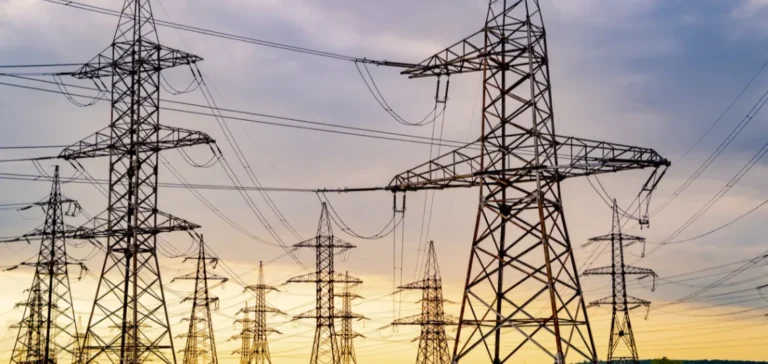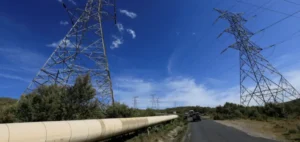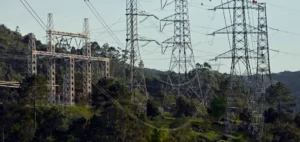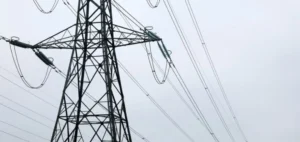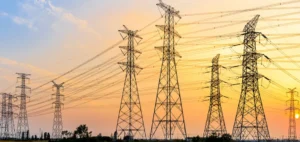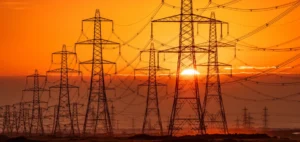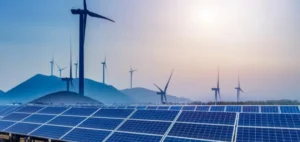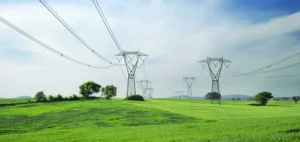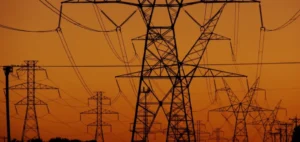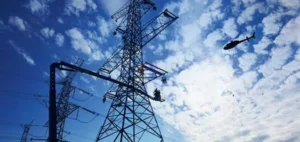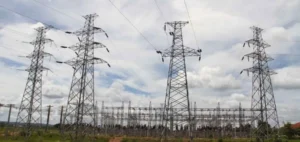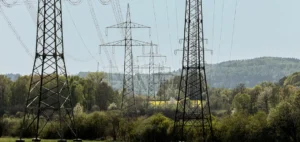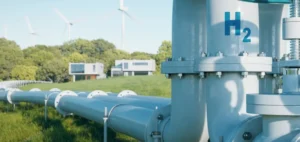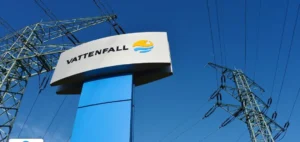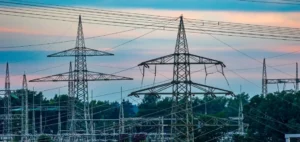Thailand has yet to approve the transmission charges required to advance the regional project aimed at transporting hydropower from Laos to Singapore. The process depends on a decision by the National Energy Policy Council, whose membership was recently reshuffled following the appointment of a new government.
A cross-border energy initiative
The Laos–Thailand–Malaysia–Singapore Power Integration Project, announced in 2022, aims to facilitate electricity flow across Southeast Asia using existing infrastructure and bilateral transmission agreements. However, the second phase of the project still requires formal approval from Thai authorities for electricity transit fees.
Sompop Pattanariyankool, Deputy Permanent Secretary at Thailand’s Ministry of Energy, stated that approval had not yet been granted. He noted that transmission charges between Malaysia and Singapore were already in place, but that Thailand’s approval remained pending.
Political uncertainty stalls progress
The final decision lies with the National Energy Policy Council, which has undergone changes following the new government’s formation. No timeline has been provided for a session to address the issue. Earlier this month, Malaysia’s Minister of Energy mentioned a possible approval as early as next month, though no confirmation has come from Bangkok so far.
Singapore, for its part, indicated that power exports from Laos could resume soon but did not give a specific date or further details. Thailand remains the only link in the network yet to finalise its approval.
Implications for regional power transit
Transmission charges, also known as wheeling fees, are essential for electricity to pass between national grids. Without an agreement with Thailand, electricity generated in Laos cannot reach Singapore, despite other participating countries having fulfilled their commitments. This delay temporarily blocks a project seen as a pilot for regional grid integration in Southeast Asia.


